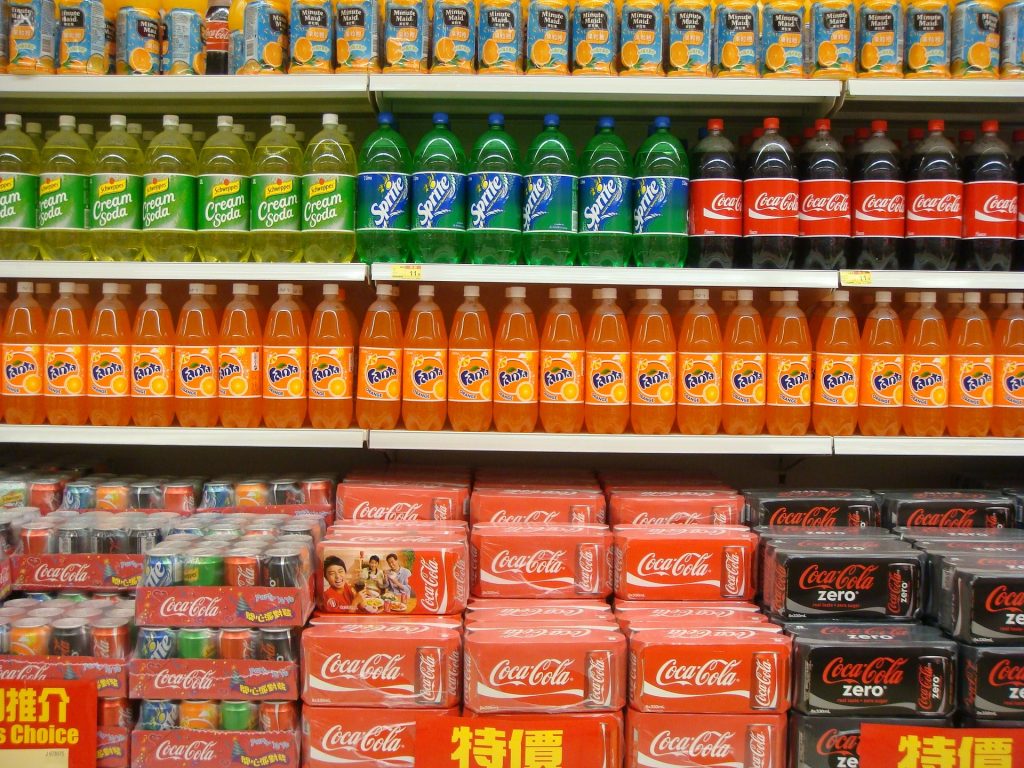 Evidence shows an association between Western lifestyle diseases and low socioeconomic status. In this regard those with the lowest socioeconomic status have the greatest risk of developing Western lifestyle diseases such as obesity, cardiovascular disease, cancer and type 2 diabetes. The reason for this association is not clear, but studies show that those with low socioeconomic status in Western countries consume lower quality foods including processed and fast foods containing high amounts of sugar, fat and salt on a more regular basis than those with higher socioeconomic status, and this may be the reason for the increase disease risk. This is supported further by studies that show that poor quality foods are associated with the development of Western lifestyle diseases. Although these associations are well reported the cause and effects however are not well understood and studies have been unable to define a definitive link between the risk of disease and socioeconomic state.
Evidence shows an association between Western lifestyle diseases and low socioeconomic status. In this regard those with the lowest socioeconomic status have the greatest risk of developing Western lifestyle diseases such as obesity, cardiovascular disease, cancer and type 2 diabetes. The reason for this association is not clear, but studies show that those with low socioeconomic status in Western countries consume lower quality foods including processed and fast foods containing high amounts of sugar, fat and salt on a more regular basis than those with higher socioeconomic status, and this may be the reason for the increase disease risk. This is supported further by studies that show that poor quality foods are associated with the development of Western lifestyle diseases. Although these associations are well reported the cause and effects however are not well understood and studies have been unable to define a definitive link between the risk of disease and socioeconomic state.

It is unclear how much price would have to increase in order to have an effect on health, but a number of studies have suggested that health effects may be seen at a 20 % tax level. A reduction in sales of soft drinks is seen with an increase in price, but it is not fully understood how this translates into actual health effects. Many of the studies that have investigated the association between increasing price and decreasing sales have used modelling to estimate health effects and so the results should be treated with caution. Evidence suggests that decreasing sale of sugar sweetened soft drinks results in increases in the purchase of other beverages including water. Reductions in sugar intake are a very good way to improve the health, and those that voluntarily remove sugar do see improvements in health, but these people usually make other changes in addition to the removal of sugar. Health improvements come from the adoption of a healthy lifestyle and it is unclear if single macronutrient reductions are able to cause significant long term improvements in health in the absence of other changes. If purchases simply shift from one type of unhealthy food to another, this would appear unlikely to occur.
A tax on low quality food ingredients, particularly sugar, might therefore be expected to benefit the poor more than the rich. This relates to the fact that a higher proportion of the income of the poor are spent on these sort of foods and so any increase of price would proportionally affect the poor to a greater extent. In one study from Mexico, researchers collected data on the purchase of soft drinks between 2012 and 2014 following the implementation of a 2013 sugar tax of 1 peso/L (approximately a 10 % price increase based on 2013 prices). The results of the study showed a counterfactual (relative to the untaxed estimate) decrease of 6 % (-12 mL per capita per day) in sales of sugar sweetened soft drinks during 2014, and this figure had risen to 12 % by December 2014. Amongst the socioeconomic groups, the reduction in the purchase of sugar sweetened soft drinks was highest amongst the poor, with a 9 % decline in sales during 2014, and up to a 17 % decline in sales by December 2014, compared to pre-2013 sale figures.
Eat Well Stay Healthy, Protect Yourself
RdB
